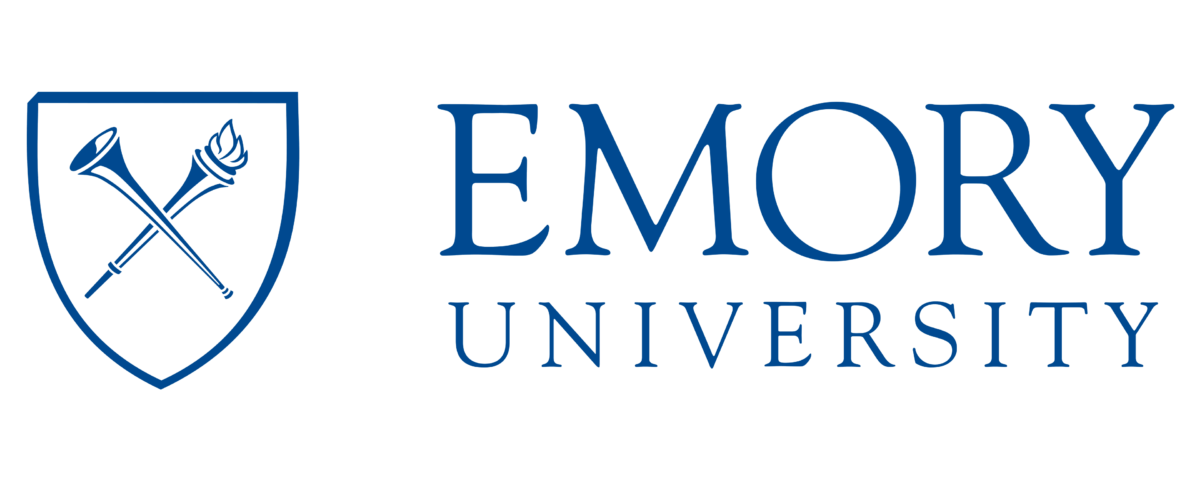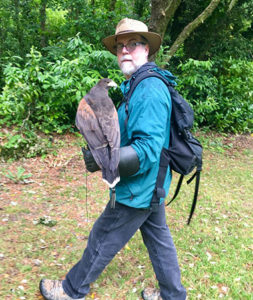Funded by the James McKeen Cattell Fund, this award had been helping recipients pursue new research by supplementing the regular sabbatical allowance provided by their home institutions so they can extend their leave time.
Dr. Hampton is in excellent company alongside his fellow 2023-2024 recipients— among them is Dr. Kevin Holmes who received his PhD in Cognitive and Computational Sciences from Emory Psychology in 2012. They will each follow in the footsteps of over half a century of researchers who have been supported by the James McKeen Cattell Fund since its inception in 1942.
Here’s what Dr. Hampton had to say about his plans for his Cattell sabbatical–
“I will spend the first half of my Cattell sabbatical in Atlanta, working with my Emory-based research team studying memory in chickens and continuing my work on cognition in nonhuman primates. For the second half, I will relocate with my family to the University of Otago in Dunedin, New Zealand. There I will collaborate with avian neurophysiologist Michael Colombo and his team, building on the memory work with chickens and adapting monkey behavioral paradigms for work with pigeons (Columba livia). This collaboration will be an ideal way for me to diversify my knowledge of comparative neurocognition because of Colombo’s expertise in avian neurophysiology, comparative approach, and geographic location in a very different biome. We will advance understanding of the extent to which the very different nervous systems of birds and mammals produce similar solutions to the problems of memory and cognition.
Being engaged with the Otago research environment will advance my developing research program in avian cognition while establishing new relationships with laboratories on the other side of the planet. I will make several visits and give colloquium talks at universities in New Zealand and Australia. In addition to research development, I intend to leverage the ideas and relationships resulting from this international collaboration to provide new research and postdoctoral opportunities for students in my animal cognition laboratory at Emory. Because avian cognitive testing approaches can be implemented at comparatively low-cost, the technology, methods, and theory that we develop may create new educational opportunities for diverse undergraduate and graduate students, even where research resources are comparatively scarce, such as at primarily undergraduate institutions. ”
From everyone at Emory Psychology, we’d like to extend a hearty congratulations to Dr. Hampton for this well-deserved honor!

